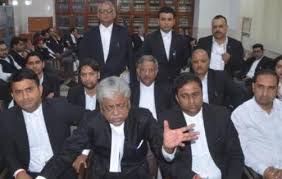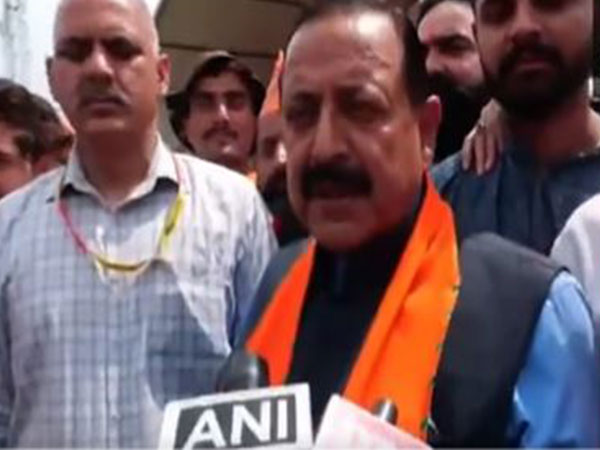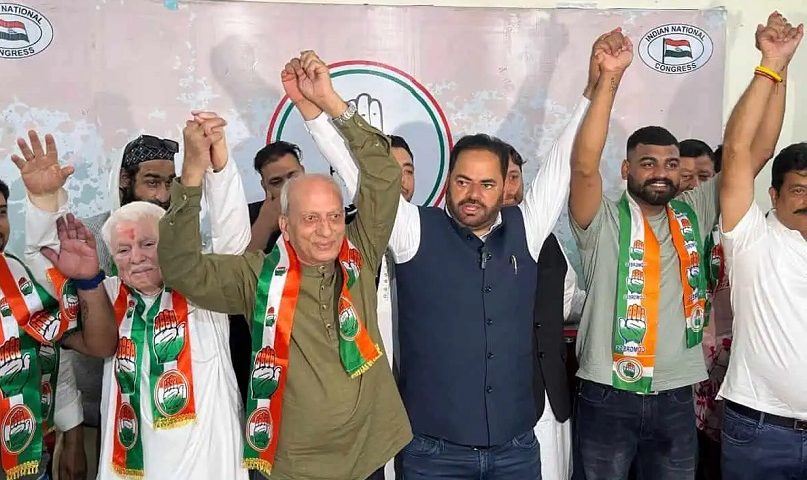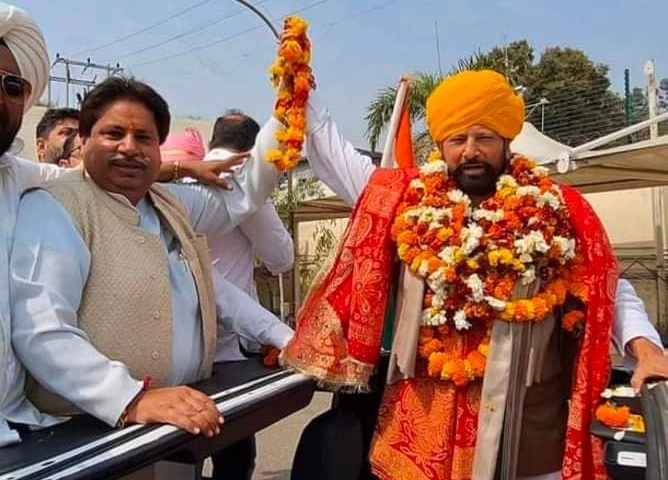A day after the J&K High Court Bar Association, Kashmir, has announced to become a party to defend Article 35A in the Supreme Court, their counterparts in Jammu would convene an extraordinary meeting on Friday to take a call on opposing or supporting this constitutional provision in the apex court.
“An extraordinary meeting of the general house of the J&K High Court Bar Association, Jammu, will be held on Friday to take a final decision on becoming a party to oppose Article 35A in the Supreme Court,” Prem Sadhotra, general secretary of association, told Kashmir Post. He said the association would likely become a party to challenge the constitutional validity of this Article.
On Wednesday, the Jammu and Kashmir High Court Bar Association, Kashmir, had announced that it would send three lawyers to file an intervention application in the Supreme Court to defend Article 35A.
Sadhotra said the Bar association had already submitted memorandums to former Prime Minister Manmohan Singh, Union Home Minister Rajnath Singh and Centre’s special representative for J&K Dineshwar Sharma to oppose the Article.
“Article 35A deprives all Indians living outside the state to exercise any right in J&K, thus creating a situation in which they are considered a persona non grata. It is anomalous given the fact that the people of J&K exercise all rights across the country as Indian citizens,” he argued, adding, “The Article also makes unjust distinction between male and female residents of the state.”
Meanwhile, former MLC Vikramaditya Singh, who is the grandson of last Dogra ruler of J&K Maharaja Hari Singh, on Thursday said Article 35A had been misused by successive state governments.
In a statement, Vikramaditya Singh said Article 35A had been misused as a discriminatory tool, particularly against the women of the state. “It is unacceptable that while men may marry a woman from any part of India, oversees or even Pakistan, the women of J&K do not have the right to choose their life partner. She risks losing her right to immovable property and inheritance should she marry a non-state subject,” he said.
Vikramaditya said he was shocked and disappointed that public figures from the Kashmir region, who were the first to raise human rights violations, failed to espouse women’s rights in the state and even publicly supported this discriminatory practice.
“There is nothing wrong in having state-subject laws with special rights for the people of J&K but the same laws cannot and should not be used against the people of the state,” he said.
Jammu legal fraternity divided over defending Art 35A






